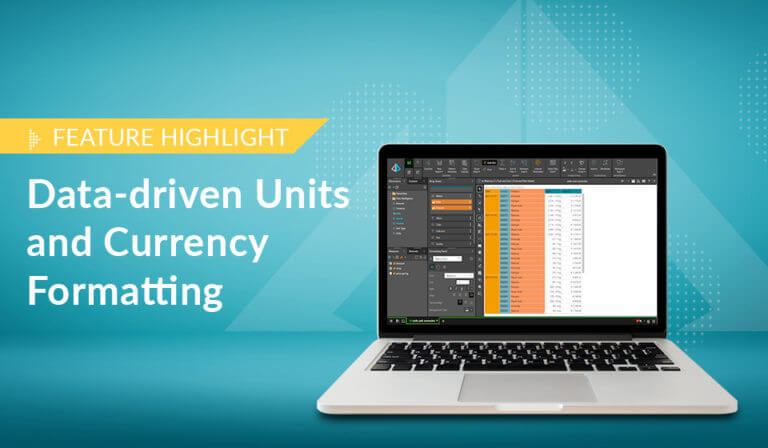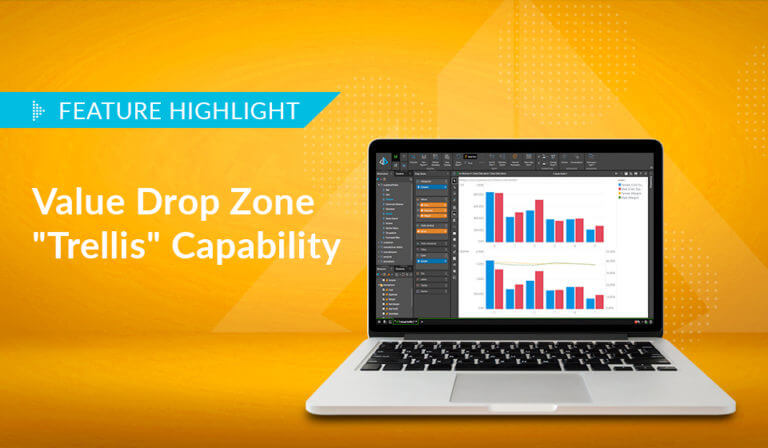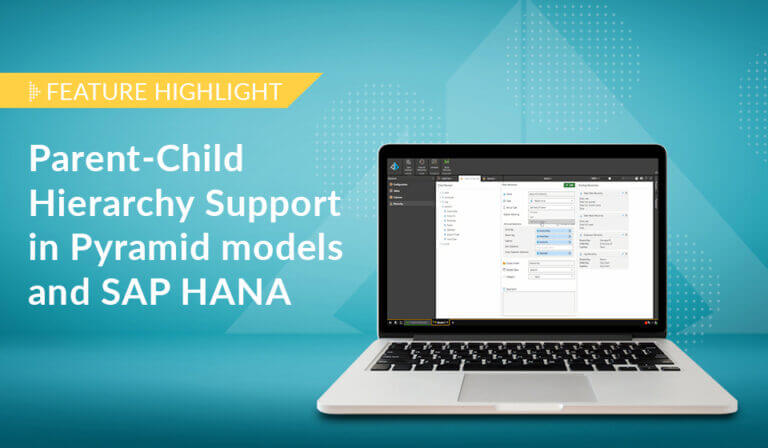My last two posts got me thinking about how important data can be to an entrepreneur; especially during the early stages of growth, a well-defined data strategy can be integral to focusing and directing an entrepreneur’s efforts.
With that in mind, I pulled from the last two posts content that explains my thoughts on the subject and summarized it below with the hope that it may better convey why I feel so strongly positive about data in entrepreneurship.
Data-Driven Entrepreneurship
Data allows you to maintain your objectivity. Entrepreneurs tend towards getting wedded to their ideas, ignoring warning signs and missing opportunities that don’t support their belief that THEIR solution is THE solution to the problem they are trying to solve. Meticulously collecting feedback and user data, and then using that data to drive business decisions will help entrepreneurs stay open to feedback and opportunities for product refinement, improving their flexibility and ultimately, their product.
Data will help you tell your story to investors and customers down the road. Collecting market, user, and product data as early as possible means that, when the time comes, an entrepreneur doesn’t have to rely on solely their own beliefs to sell their product or vision to investors. They will have hard quantified evidence that demonstrates the impact their idea has had, and projections about future growth and revenue will be rooted in valuable, real-world data.
Quantify Market/ Qualify Product
Laying a foundation of good data practices during this step will lead to rewards later on in the venture. All data that can be collected, both quantifiable and qualifiable, should be collected.
An entrepreneur really needs to shake their network to find good sources of unbiased feedback. This initial research phase is critical, and every conversation with the right person is going to be a valuable asset. Industry influencers, potential partners, mentors, and even knowledgeable family and friends can all inform the earliest phase of bringing an idea to market.
Data in developing MVP
Developing your Minimum Viable Product (MVP) should be a data-driven and flexible process. This stage is all about quantification and trial-and-error, and consistently collected data from these early users can direct your efforts to improve your product.
An entrepreneur needs to understand if they are solving the problem they intended to address, how many users are engaging with the product, how often they are using it, and which users are extracting the most value from their product.
Developing KPIs to track and quantify this data is absolutely necessary, and will offer enormous returns when you are trying to sell this story to investors or customers as you move forward. To read about how to think about developing your initial KPIs, please read my post here.
Why Bootstrappers Need Data
Being data-driven can help mitigate the downsides of bootstrapping, especially in the realm of maintaining objectivity and flexibility. Bootstrapping relies on improving the current state of your business by capturing new customers and doubling down on presence; data will help you do this.
An entrepreneur dedicated to bootstrapping their business should use product data captured from MVP deployment to inform the direction of their solutions, market data to set realistic milestones, and KPIs to track their progress.
Having all of this data available will help sell their product to potential customers as well as deepen the entrepreneurs understanding of their product and market. Essentially the goal should be to realize the benefits of a data-driven organization as quickly as possible. To get a more complete view of these benefits, please read my post on the subject here.
Using Data to Drive Investment
In seeking equity, the challenge for entrepreneurs is to sell the future of the company. To say “Here is where the company is. With your investment, it will be here in X years”. To do this you need a tight, sellable story backed up with quantified data that support your assertions.
KPIs, market data, and product data from your MVP all needs to be quantified and analyzed to help tell the story of your future success as concisely as possible. Have you made sales? Have you gained traction in solving the problem? Are you growing customers/revenue or is it stagnant? More users, traffic, revenue?
Capturing this data from the beginning will supply concrete evidence to back up the story you want to tell investors, and the more data you have collected provides more possibilities to improve your selling points.













